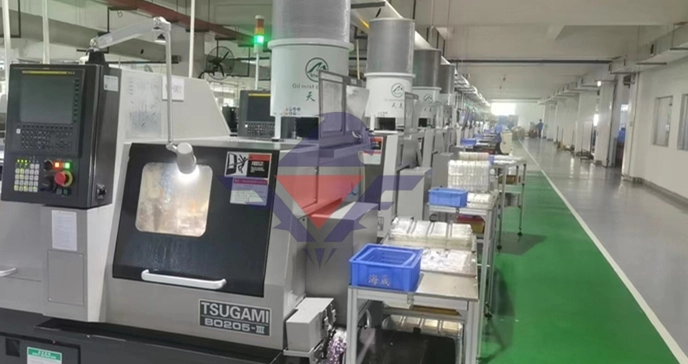Endotoxin Detection Kits for Accurate and Reliable Measurement

# Endotoxin Detection Kits for Accurate and Reliable Measurement
## Introduction to Endotoxin Assay Kits
Endotoxin assay kits are essential tools in pharmaceutical, biotechnology, and medical device industries for detecting and quantifying bacterial endotoxins. These lipopolysaccharides (LPS) found in the outer membrane of Gram-negative bacteria can cause severe pyrogenic reactions in humans, making their detection critical for product safety.
## Why Endotoxin Testing Matters
Endotoxin contamination poses significant risks in medical applications. Even minute amounts can trigger fever, septic shock, and other dangerous immune responses. Regulatory agencies like the FDA and EMA mandate strict endotoxin limits for injectable drugs and medical devices, making accurate detection a compliance requirement.
## Types of Endotoxin Detection Kits
1. Limulus Amebocyte Lysate (LAL) Based Kits
Keyword: Endotoxin Assay Kits
The gold standard for endotoxin detection, LAL kits utilize blood cells from horseshoe crabs. They’re available in three formats: gel-clot, turbidimetric, and chromogenic assays.
2. Recombinant Factor C (rFC) Based Kits
These animal-free alternatives use recombinant technology to detect endotoxins with comparable sensitivity to LAL tests while addressing sustainability concerns.
3. Pyrogen Test Kits
Some kits combine endotoxin detection with broader pyrogen testing capabilities for comprehensive safety assessment.
## Key Features of High-Quality Endotoxin Assay Kits
- High sensitivity (typically 0.005-0.1 EU/mL detection range)
- Excellent reproducibility and precision
- Compliance with international pharmacopeias (USP, EP, JP)
- Minimal interference from sample matrices
- Ready-to-use formats with clear instructions
## Applications Across Industries
Endotoxin detection kits serve critical roles in:
- Pharmaceutical quality control for parenteral drugs
- Medical device manufacturing
- Biopharmaceutical production
- Research laboratories studying immune responses
- Water quality testing in dialysis centers
## Choosing the Right Kit for Your Needs
When selecting an endotoxin assay kit, consider:
- Your required sensitivity level
- Sample type and potential interferences
- Throughput needs (manual vs. automated systems)
- Regulatory requirements for your application
- Budget and sustainability preferences
## Conclusion
Modern endotoxin detection kits provide reliable, sensitive tools for ensuring product safety and regulatory compliance. With various formats available, laboratories can select the optimal solution for their specific testing requirements while maintaining the highest standards of accuracy and reproducibility.